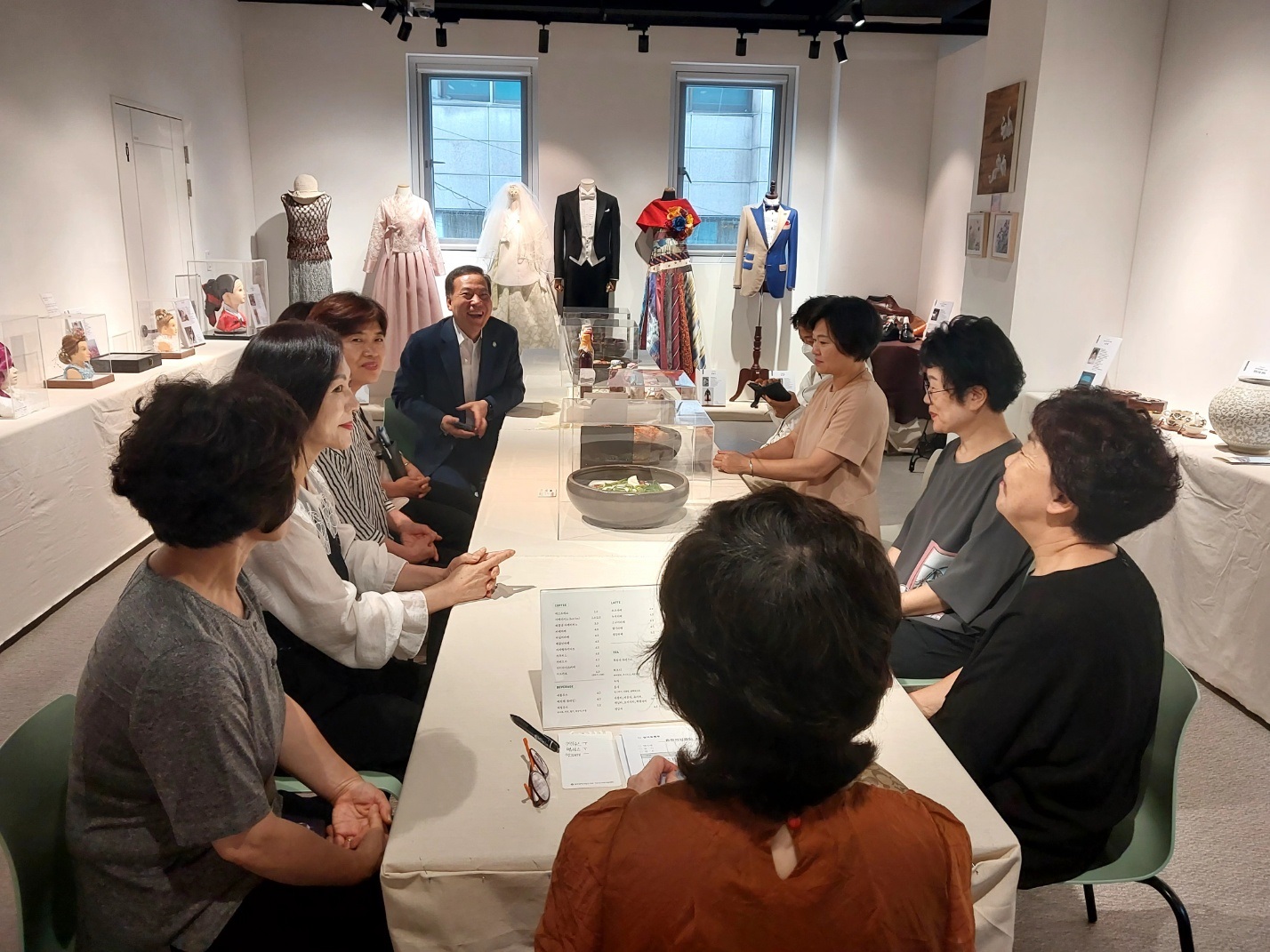Building Gender-Equal Communities
Gwangju’s Women’s Friendly Village Project
By Anh Nguyen
The Women’s Friendly Village Project
Gwangju is leading the way in promoting gender equality with its innovative the Women’s Friendly Village Project. This initiative is a crucial part of the city’s commitment to fostering environments where women are safe and treated equally. Recognized as a Women’s Friendly City by the Ministry of Gender Equality and Family, Gwangju is taking proactive steps to ensure that women can fully engage in and benefit from all aspects of community life.
Origins and Purpose
Gwangju’s Women’s Friendly Village initiative began in 2012 with a mission to create neighborhoods where gender equality is prioritized. The project emphasizes the importance of building communities that recognize and respect the needs of women, providing them with equal opportunities for participation in the social, economic, and political areas. Since it started, 71 gender-equal villages have been established in the city, making significant contributions to the spread of gender-equal culture across Gwangju.
The project aims to help neighborhoods work together towards gender equality, encouraging residents to play an active role in shaping their communities. Gwangju’s approach reflects the belief that meaningful change can happen when cities empower their citizens to get involved.
Women’s Friendly Cities
In 2023, all five districts of Gwangju were officially designated as “Women’s Friendly Cities.” This recognition, given by the Ministry of Gender Equality and Family, highlights Gwangju’s efforts to create a safe, supportive environment for women. A Women’s Friendly City certification lasts five years, during which time cities must continue to demonstrate their progress and dedication to promoting gender equity in their policies and practices.
The recognition reflects the city’s commitment to ensuring women’s safety, equal participation in decision-making processes, and access to resources. Gwangju’s Women’s Friendly Village initiative is a key part of this mission, bringing the larger goals of the Women’s Friendly City vision to life on a community level.
Supporting Local Communities
For the 2024 project cycle, Gwangju is inviting local community organizations to apply for funding to create or enhance Women’s Friendly Villages. These are voluntary groups of residents dedicated to promoting gender equality in their neighborhoods. The selected communities will receive financial support to develop gender-equal programs that meet their unique needs. These may include programs like community childcare, local job opportunities for women, and gender equality education.
In 2024, Gwangju selected several communities to take part in the Women’s Friendly Village initiative. These include the following:
- Dong-gu Chungjang-dong Residents’ Association, which is documenting the stories of female shopkeepers to showcase the different roles women have played over time.
- Seo-gu Dreaming Small Library, offering after-school programs and teaching fathers how to engage in playful learning with their children.
- Nam-gu Sipsi Ilban Sharing Village School, which connects local resources to operate a community learning center.
- Buk-gu Dream Tree Welfare Center, running a community-led childcare program.
- Gwangsan-gu Cheomdan Salon Yeomunson, which offers craft workshops that focus on gender equality to make education on this topic more accessible.
These communities were selected after a public call for applications, and each will receive a portion of the 75 million won budget to support their projects. The city is also working with the Gwangju Women’s Family Foundation to provide additional help to these neighborhoods by sending experienced activists to offer one-on-one guidance and training.
In addition, the city has launched various educational programs aimed at fostering leadership in these communities. One notable initiative is the Women’s Friendly Village Leader School, which provides training for local leaders on topics such as gender equality, effective communication, and community organization. This program aims to empower women and men alike to take leadership roles in shaping policies and programs that promote gender equality in their communities.
These efforts demonstrate that gender equality begins at the local level, and by supporting neighborhoods, cities have the potential to make meaningful progress. Gwangju is showing that when citizens are empowered to take the lead, significant changes are possible.
Gwangju’s Women’s Friendly Village Project represents a transformative step toward building a more gender-equal society. By supporting local communities in their efforts to promote gender equality, the city is actively contributing to the larger goal of making Gwangju a Women’s Friendly City. As the initiative continues to grow and expand, it might serve as a model for other cities worldwide seeking to create safe, inclusive, and supportive environments for all residents.
The Author
Anh Nguyen (Anne) has been living in Gwangju for five years, studying journalism and communication at Chosun University. She fell in love with the city’s beautiful views, rich history, diverse culture, and delicious food. Her goal is to share her love for Gwangju and introduce its stunning natural scenery and attractions to everyone.




